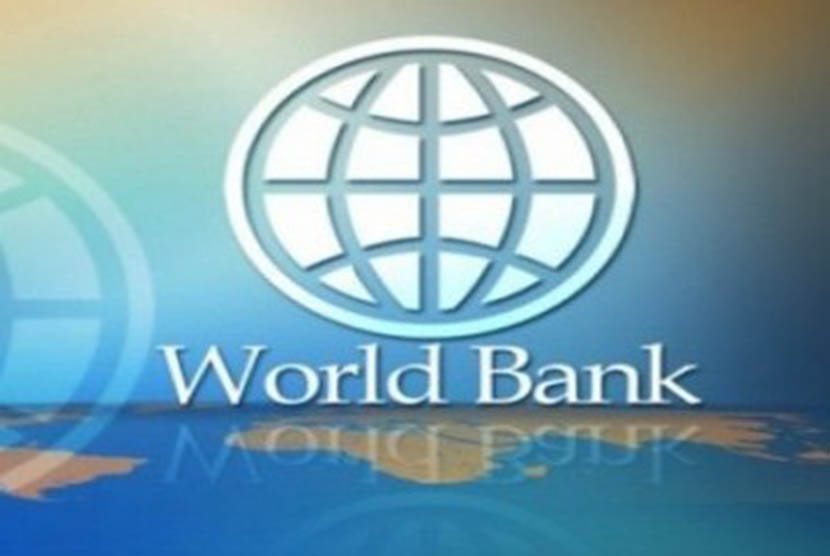REPUBLIKA.CO.ID, JAKARTA -- The World Bank (WB) has projected that Indonesian Gross Domestic Product (GDP) would grow at a rate of 5.1 percent in 2016 amid global economic slowdown.
According to the World Bank's Indonesia Economic Quarterly, June 2016 edition, the continuing policy reforms have strengthened the resilience of the Indonesian economy and helped overcome the effects of slowing demand and the global financial market turmoil.
"The cautious financial policy, increased government investment in infrastructure and policy reforms aimed at improving the investment climate, have helped Indonesia in maintaining its rate of growth in the range of 5.1 percent," the World Bank's Country Director in Indonesia, Rodrigo Chaves, said at the Trade Ministry here on Monday.
Chaves also claimed that private consumption and government spending are also projected to sustain the economic growth in Indonesia this year.
However, the World Bank recently cut its forecast for world economic growth by half a percent from the earlier projected 2.4.
A slower world economic growth will impact the recovery of economic growth in Indonesia.
Global growth forecast revision due to the slowing growth in developing countries exporting commodities is expected to be just 0.4 percent this year.
On the other hand, the Indonesian economy fared better when compared with other commodity exporting countries, such as Malaysia (4.4 percent) and Thailand (2.5 percent), though it did less well than the Philippines at 6.4 percent and Vietnam (6.2 percent).
Indonesian World Bank's Chief Economist Ndiame Diop noted that with the weakening of the commodity sectors, Indonesia should seize this opportunity to expand its manufacturing and service sectors.
Indonesia's manufacturing sector has not reflected much change in the last 15 years with growth hovering on an average around 0.6 percent.
"It's a great opportunity to keep implementing reforms to make the manufacturing and service sectors, especially tourism, even more competitive. The strong partnership with the private sector is also very important to rejuvenate the industry and keep pace in the field of technology," added Ndiame.


